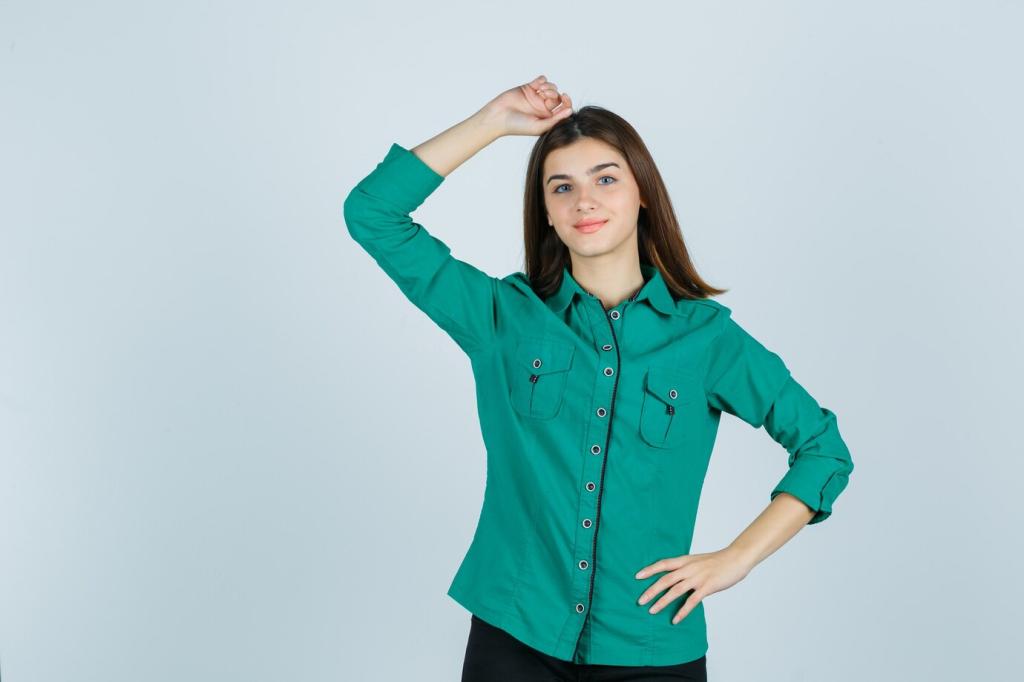The fashion industry is undergoing a vital transformation as more brands champion sustainability and environmentally friendly practices. These trailblazers are not only redefining what it means to be stylish but are also prioritizing the health of our planet. Through innovative materials, ethical production processes, and transparent business models, these brands are setting new benchmarks for responsibility and inspiring an entire industry to follow their lead.
Pioneers of Sustainable Style
Championing Circular Fashion
One of the most groundbreaking efforts in eco-friendly fashion is the promotion of circularity. Brands at the forefront are designing products with their entire lifecycle in mind, emphasizing recyclability and longevity. These companies invest heavily in take-back programs, upcycling initiatives, and repairing services, enabling consumers to extend the life of their garments and keep materials out of landfills. By doing so, they foster a culture of mindful consumption and challenge the outdated model of fast fashion.
Embracing Renewable Materials
Forward-thinking brands are also innovating through their choice of materials. Instead of relying on conventional fabrics that require excessive water or synthetic fibers derived from fossil fuels, they are turning to organic cotton, bamboo, hemp, and even fabrics derived from recycled plastics. This approach drastically reduces the carbon footprint and environmental impact of textiles. Moreover, these materials offer comparable durability and comfort, proving that eco-friendly fashion doesn’t require sacrifices in quality or style.
Ethical Labor and Production
Leading sustainable brands recognize that true environmental stewardship includes a commitment to ethical labor practices. These brands go beyond just green products, ensuring their manufacturing processes are safe for workers and fair across the entire supply chain. They partner with certified factories, provide dignified wages, and adhere to strict social standards, setting an example for transparency and equity in fashion.

Regenerative Farming and Biofabrication
Some of the most celebrated brands are revolutionizing how raw materials for clothing are produced. By supporting regenerative agricultural practices, they help restore biodiversity and heal soil, resulting in a positive environmental impact. Additionally, advancements in biofabrication—like lab-grown leather and plant-based dyes—are offering exciting alternatives to traditional, polluting materials. These innovations are not just eco-friendly; they open new possibilities for design and functionality.
Traceable Supply Chains
Transparency has become a core value for sustainable fashion’s leaders. Cutting-edge brands are harnessing technology to offer customers a clear view of their product’s journey from raw material to finished piece. Blockchain and digital tracking are being used to guarantee authenticity and reveal each step of the process, empowering consumers to make informed, responsible choices based on verified information.
Waste-Reducing Production Techniques
Minimizing waste is a central challenge for the fashion industry, and innovative brands are rising to this challenge with creative solutions. Techniques like zero-waste pattern making, on-demand production, and 3D knitting drastically reduce scraps, offcuts, and unsold inventory. By rethinking the manufacturing process itself, these companies lower their ecological impact and demonstrate financial and environmental benefits in tandem.
Transparent Storytelling
Eco-conscious brands prioritize open communication, sharing honest insights about their practices, sourcing, and challenges. Through storytelling, they invite consumers to be part of their journey towards a more ethical and sustainable industry. By providing transparency in marketing, production costs, and environmental impact, these brands cultivate trust and foster deeper connections with their audience.
Community Engagement and Activism
Many leading sustainable brands go beyond selling products, actively building communities around shared values. They support environmental causes, organize workshops, and collaborate with advocacy organizations to amplify their impact. By encouraging their customers to get involved and take collective action, these brands create a powerful movement for systemic change in fashion and consumption habits.
Promoting Mindful Buying Habits
At the heart of conscious consumerism is an emphasis on intentionality. Responsible brands are educating shoppers about the benefits of buying less but better, valuing quality over quantity, and considering the longevity of each purchase. By offering guidance on care, repair, and upcycling, they nurture a more sustainable fashion culture focused on investment pieces rather than disposable trends.
